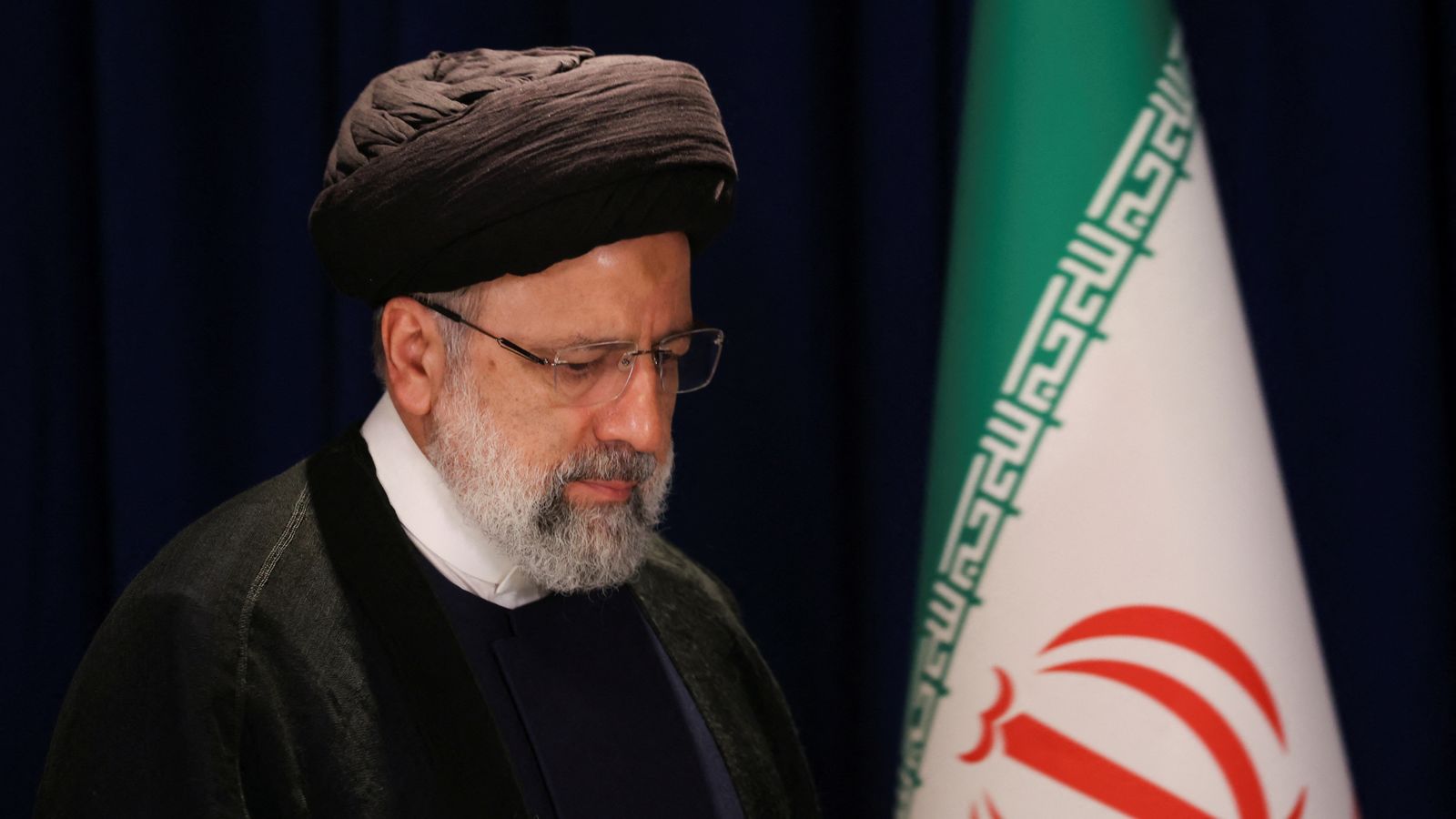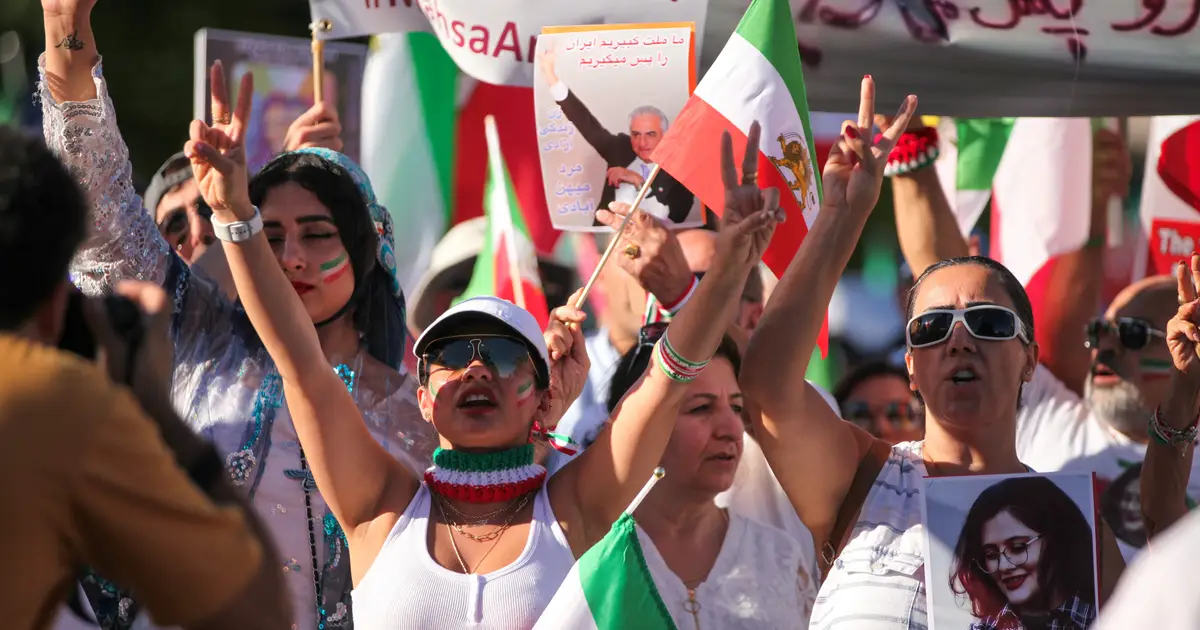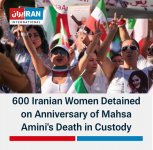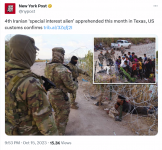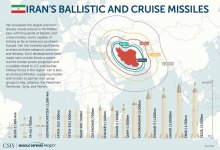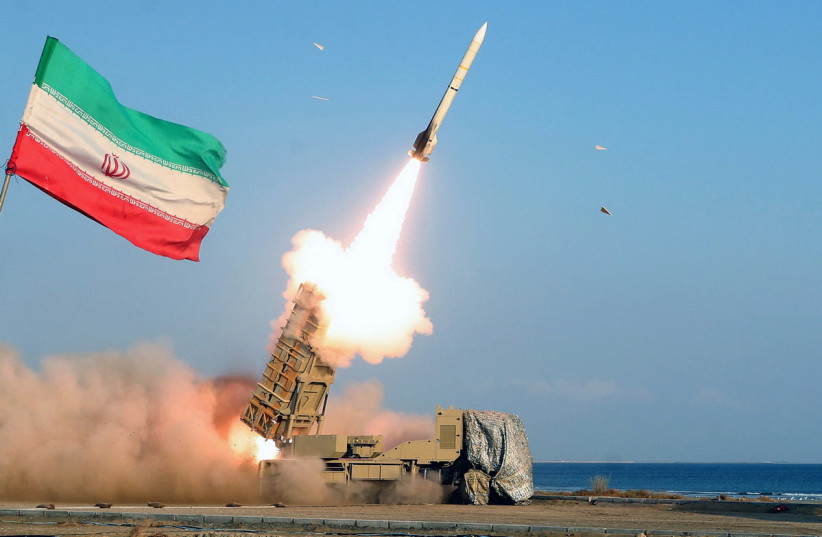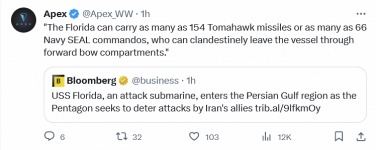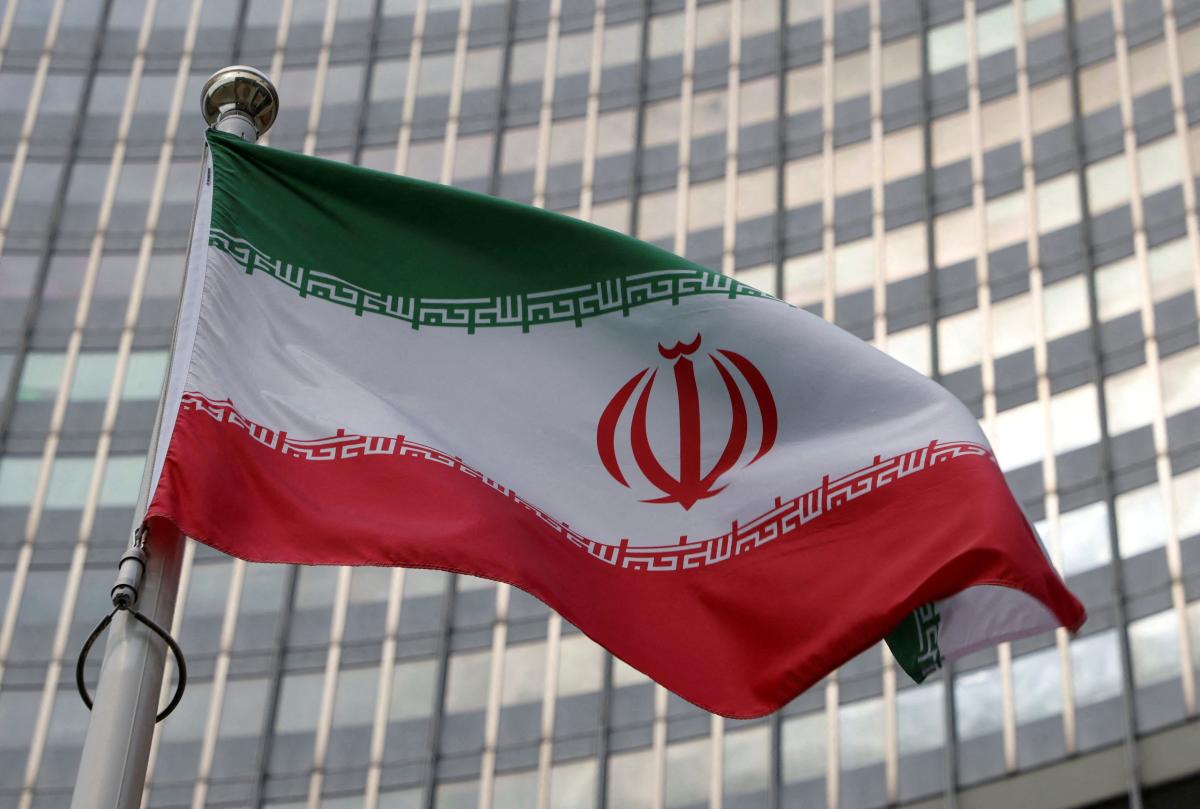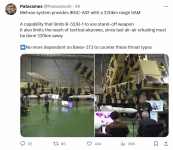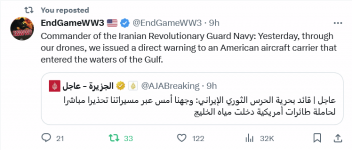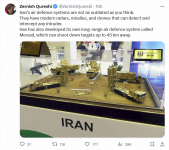The Iran Hostage Deal: Clarifying the $6 Billion Transfer
Season 2
The deal gives Tehran access to frozen funds for humanitarian purposes, likely paving the way for resumed nuclear talks this fall as both sides try to lower tensions.
Earlier today, the United States and Iran finalized a prisoner swap involving the release of five Americans held on spurious grounds in Tehran. Washington, for its part, released five Iranian nationals charged with sanctions violations and other federal crimes (three of them chose not to return to Iran). In addition, Iran was given access to about $6 billion of funds previously held in South Korea.
Granting access to the funds is the most controversial aspect of the deal and has produced a flurry of incorrect claims. At its core, the arrangement will allow Iran to use its own money and may improve its access to certain humanitarian goods, such as food and medicine. Yet the deal also raises broader concerns about how Washington can deter Iran, Russia, China, and other states from viewing hostage-taking as a profitable enterprise.
The Origin of the $6 Billion
Washington has a
long history of pairing the transfer of Iranian funds with Tehran’s release of hostages, including in 1981, 1991, and 2016, with the implementation of the nuclear deal. In each case, the United States reached
financial settlements with Iran related to disputes originating with the 1979 Islamic Revolution, which were directly or indirectly connected with the release of Americans held hostage in Iran or Lebanon. In several instances, hostages were freed during the Trump administration without the release of Iranian funds.
The South Korea funds are different. Instead of money linked to forty-year-old disputes, these funds were payment for more recent South Korean purchases of Iranian energy products, primarily condensate, and have sat idle in two South Korean banks. In theory, Iran should have been able to use that money for humanitarian purchases. But in practice, the
money was inaccessible because the Korean government and banks were concerned about falling afoul of U.S. sanctions.
Under the Trump administration, Seoul and Washington tried to implement a won-denominated payment channel for humanitarian trade, but it never materialized. The funds became a millstone around South Korea’s neck, and it faced intensifying pressure from Iran, which
seized a South Korean tanker in 2021,
retaliated against Korean brands, and threatened legal action against Seoul.
Iran also watched as the value of its money declined. The funds were held in Korean currency and did not earn interest, according to the Central Bank of Iran, and the won’s depreciation in recent years shaved off about $1 billion in value, leaving around $6 billion today. Iran also tapped into small amounts of that money to pay its
UN dues several times.
Qatari Channel
As part of the hostage deal, Washington agreed to facilitate the movement of Iran’s money from South Korea to Qatar via Europe. U.S. and Iranian officials have stated that Tehran would be permitted to access the funds only for non-sanctioned purposes. While President Ebrahim Raisi recently
claimed that Iran would be able to spend the money “wherever we need it,” this has been contradicted by other Iranian officials.
Washington has said it will maintain oversight of the transactions, though it has given no details. It may follow the
framework outlined by the State and Treasury Departments in 2019, which aimed to “ensure unprecedented transparency into humanitarian trade with Iran.” The mechanism was exclusively designed to facilitate the export of “agricultural commodities, food, medicine, and medical devices” to Iran, provided the parties involved in these transfers exercised “enhanced due diligence” and provided detailed information to government officials. In exchange, the U.S. Treasury would essentially bless the financial channel, providing companies and banks with confidence that they were not exposing themselves to sanctions risk.
If this setup is applied, it could ease bottlenecks in Iran’s acquisition of some food and medicine. Yet the path forward may not be smooth. In early 2020, the Trump administration worked with Switzerland to establish the first financial channel based on the 2019 framework, but the Swiss Humanitarian Trade Arrangement has only
processed a few transactions since then. It has faced a number of challenges, including a lack of liquidity and lack of enthusiasm from Iranian officials. While those issues will likely not be present with the Qatar channel, another problem may rear its head. With the Swiss mechanism, participants and observers complained that the “enhanced due diligence” requirements were too much of a burden, and the Qatar channel could face that challenge as well.
The $6 billion transfer carries three potential risks. The first is the risk of abuse. As in the past, Iran could find ways to fraudulently claim a certain transaction is humanitarian or
smuggle humanitarian goods abroad for profit. In practice, no mechanism, no matter how strict, can eliminate these risks while still facilitating food and medical sales. In addition to being vigilant about diversion and abuse, Washington should explain to the public how it will seek to identify and deter such behavior on an ongoing basis.
Second, even if the mechanism works perfectly, money is ultimately fungible. That is, even though the $6 billion from South Korea would be limited to humanitarian purchases, releasing it would free up an equal amount of money that Tehran could use for other purposes, including the defense sector. That said, claims that Iran would commit all of these resources toward nefarious purposes are likely exaggerated. Tehran has competing domestic requirements for its money, and the military and nuclear enterprise has
hardly been starved for resources.
Third, even if striking a deal to bring wrongfully detained Americans home is justified, it undoubtedly validates Iran’s view that hostage-taking is an acceptable way to achieve its goals—and sends the same message to Russia and China. Washington should therefore seek understandings with other targeted countries on a common approach to deterring state-sponsored hostage-taking, including in connection with the roughly thirty European prisoners still in Iran. This could entail agreeing to collective rules for negotiations, sanctions, or concessions.
Looking Ahead
The release of the five Americans is linked to the
broader U.S. effort to de-escalate tensions with Iran. Over the past several months, both governments have taken other steps to lower the temperature. Washington has refrained from imposing nuclear-related sanctions on Iran—allowing its
oil exports to soar—or pushing for resolutions at the International Atomic Energy Agency (IAEA) Board of Governors. It has also eased access to Iranian funds in Iraq. Tehran has effectively halted proxy attacks on U.S. forces, reduced its rate of accumulating high-enriched uranium, and permitted modest increases in international nuclear monitoring. At the same time, however, it has obstructed inspectors and refused to fulfill other commitments made to the IAEA.
The next step would be a resumption of nuclear talks, which collapsed a year ago following Iran’s rejection of a compromise agreement. For the White House, clearing the hostage hurdle was an essential step before resuming negotiations, which will probably restart this fall and could involve direct negotiations with Iran. They would not, however, be aimed at reaching a comprehensive agreement before the U.S. presidential election, given political constraints in Washington. Tehran is also likely hesitant about reaching a deal that may be invalidated by a Republican president. Instead, the goal would be to keep a lid on tensions and take subsequent de-escalatory steps while perhaps discussing what a new nuclear agreement could look like.
The Iran Hostage Deal: Clarifying the $6 Billion Transfer:quality(70)/cloudfront-us-east-1.images.arcpublishing.com/archetype/EJ6OTLTRXZFVPORGXS26IMZHOU.jpg)
:quality(70)/cloudfront-us-east-1.images.arcpublishing.com/archetype/EJ6OTLTRXZFVPORGXS26IMZHOU.jpg)

